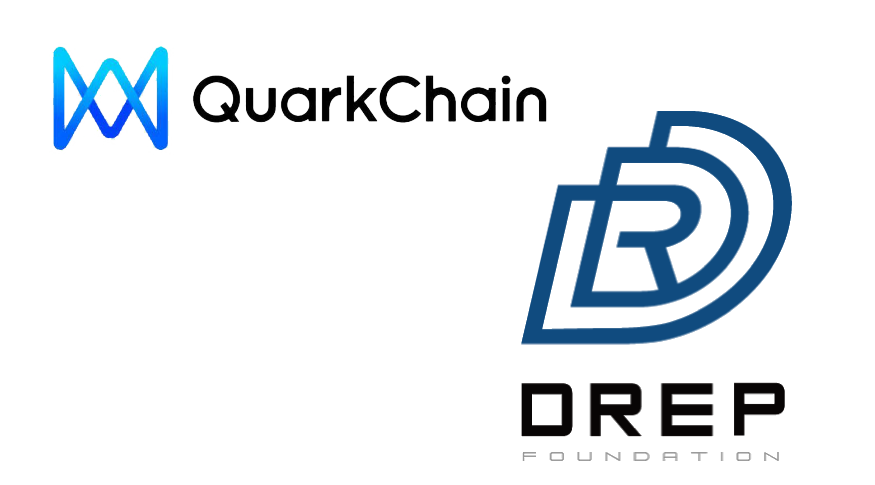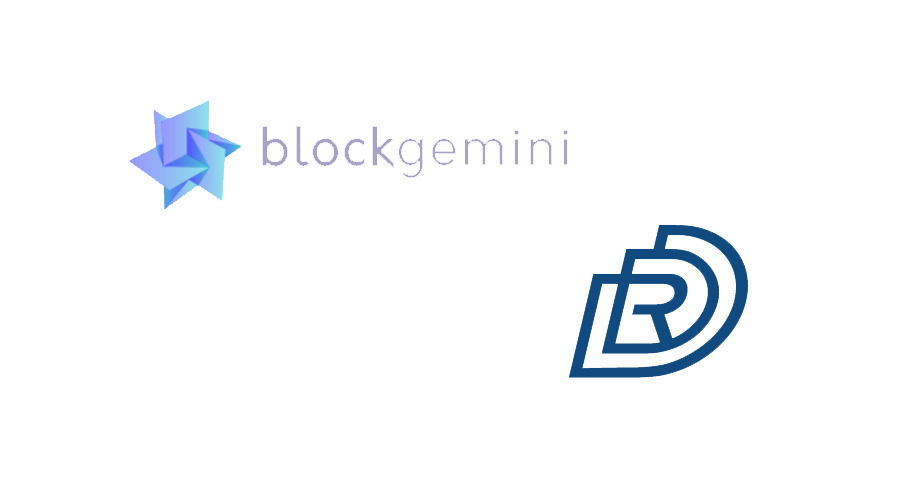Singapore start-up DREP Foundation (DREP) has announced today the signing of a Memorandum of Understanding (MoU) with QuarkChain, which will see both companies work closely to develop solutions around two major concerns in blockchain development; scalability and interoperability.
One of the impediments to commercial implementation of blockchain technology is its slow transaction speed, making it unviable as a competitor to existing service providers. To put this into perspective, Visa handles an average of 1700 transactions per second. This is markedly higher than current throughput for Ethereum and Bitcoin (about fifteen and seven, respectively).
QuarkChain is proposing a dual-layered blockchain architecture that includes sharding, which will enable their network to handle more than one hundred thousand transactions per second.
“Many projects are claiming to solve blockchain scalability concerns without adequately addressing the three points of consideration in any blockchain development project – decentralization scalability and security. It is difficult to achieve all three at the same time. QuarkChain has openly admitted this pyramid of challenges, and is one of the very few to do so.”
DREP Foundation, who is looking to connect blockchain silos in order to smoothen information flow and, as part of their product, wants to help online platforms battle fake news and malicious content. This battle hinges on the ability of discrete blockchains to communicate information between each other.
“The collaboration between DREP Foundation and QuarkChain will significantly promote the development of blockchain and enable a lot of applications that address real-life problems, bringing the benefits of blockchain to more people in the world.”
Additionally, both projects will be sharing their protocol architecture with each other, working towards promoting interconnectivity between blockchain networks and online platforms, with the long-term goal of bringing talents, technologies and innovations together to help facilitate the building of killer apps and encourage broader adoption of blockchain technology.






















